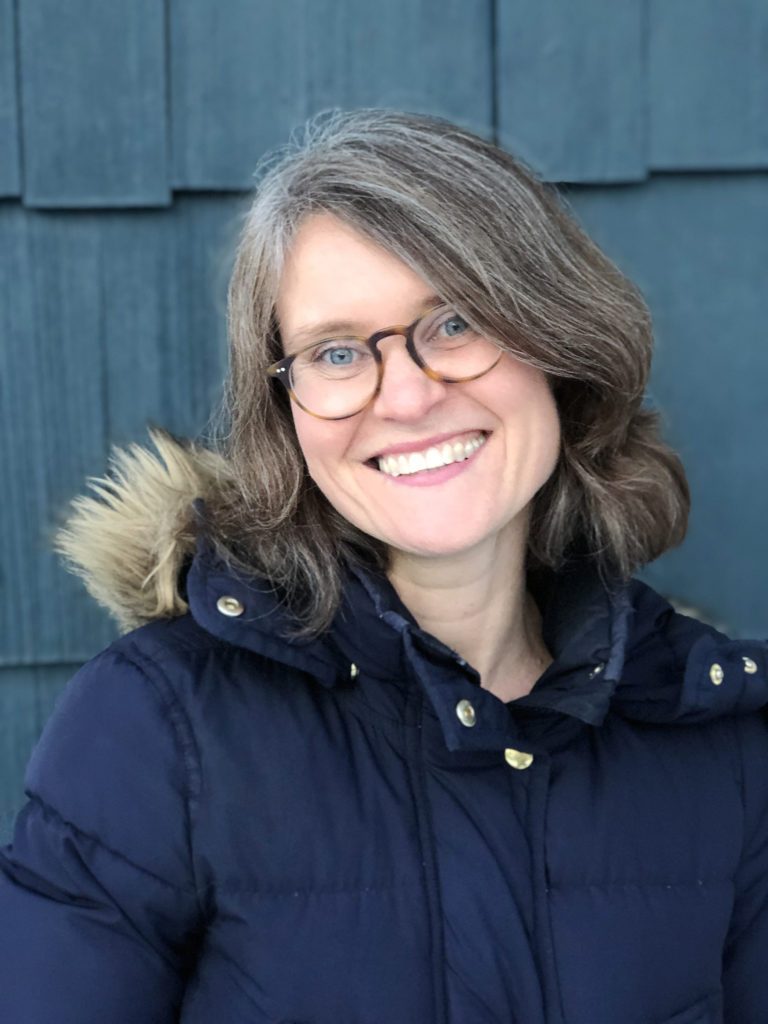Congratulations to all of the NER authors who have recently been honored with awards and fellowships, including Owen McLeod, Penelope Cray, Mark Irwin, Reginald Dwayne Betts, Tiana Clark, Charlie Clark, Geffrey Davis, Jenny Johnson, Sasha Pimentel, and Alison C. Rollins.

Owen McLeod’s poetry collection Dream Kitchen was awarded the 2018 Vassar Miller Prize in Poetry. Judge Rosanna Warren said of the collection, “Owen McLeod knows how to pluck what Pound called ‘the natural object’ from everyday life and endow it with symbolic force. He mingles a sensuous feel for vowels and consonants, with a graceful play of speech rhythms and a gift for revelatory strangeness. I’ve copied out his lines in my notebook for the sheer pleasure of it.” The prize includes $1,000 and publication by The University of North Texas Press.
McLeod is a studio potter and a professor of philosophy at Lafayette College in Easton, Pennsylvania, where he lives; his poem “Uroboros,” was featured in NER 36.4.

Congratulations to Penelope Cray, whose short story collection Miracles Come on Mondays was selected as the winner of the Robert C. Jones Prize for Short Prose. Judge Kazim Ali said of the collection, “These dark fractured fables tell stories of strange texture; stories about characters trying to find their way amid currents both small and large in a world in which personal and spiritual intimacy feel dangerously compromised. They are philosophical, funny, and frank. Like the fictions of Fanny Howe, Italo Calvino, and Rikki Ducornet, these stories rarely comfort. Then again, as one narrator observes, ‘When some alien sensation rises in the body, it unsettles rather than clarifies.’”
Cray holds an MFA from the New School and lives with her husband and two children in Shelburne, Vermont, where she operates an editorial business from home. Three of her pieces were featured in NER 36.4; read her story “Real and True” here, and listen to an oral performance of her story “The Red Painter,” delivered at NER Out Loud, here.

Frequent NER contributor and poet Mark Irwin was awarded the 2018 Philip Levine Prize for Poetry—an annual book contest sponsored by the Creative Writing Program at California State University, Fresno—for his collection Shimmer. The prize, named after the late poet Philip Levine who taught at Fresno State for many years and served as United States poet laureate from 2011-2012, includes a $2,000 prize and publication by Anhinga Press.
Irwin teaches graduate and undergraduate poetry workshops in the Creative Writing & Literature Program at the University of Southern California, and he lives in Los Angeles and Colorado. Irwin has been a frequent contributor at NER since 1991; read his poem, “Three Panels,” featured in NER 22.1, here and check back in our 2019 summer issue for new poems from Shimmer.

A number of NER authors have been awarded Creative Writing Fellowships in Poetry by the National Endowment for the Arts. The NEA Literature Fellowships program operates on a two-year cycle, alternating between prose and poetry fellowships, which offer $25,000 grants to published creative writers that enable the recipients to set aside time for writing, research, travel, and general career advancement. The 2019 NEA Creative Writing (Poetry) Fellowship recipients include:
Reginald Dwayne Betts (31.4, 34.1, 35.3)
Charlie Clark (38.4)
Tiana Clark (39.2)
Geffrey Davis (39.2)
Jenny Johnson (34.3-4)
Sasha Pimentel (36.4)
Alison C. Rollins (39.3)
Congratulations to all of the 2019 NEA Fellows!